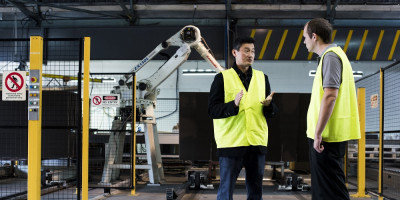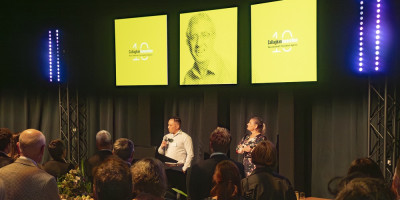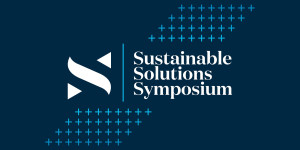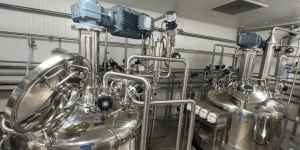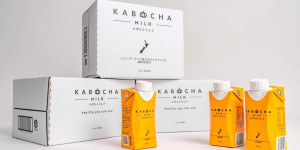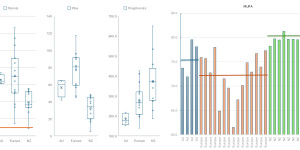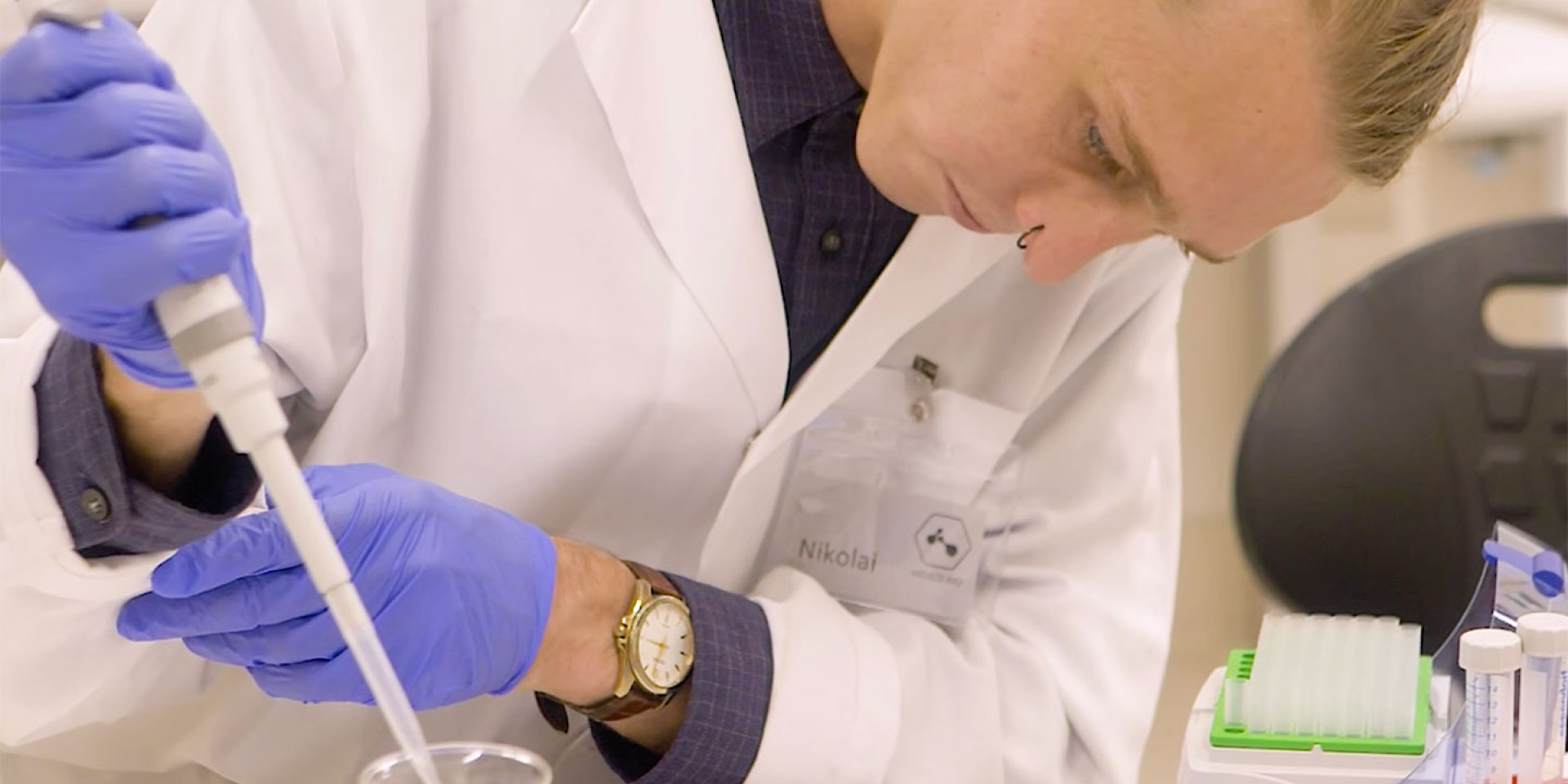From science fiction to reality, deep tech startup Helico is wanting to produce life-saving therapeutic compounds from plants and, ultimately, ‘edible medicine’. Callaghan Innovation is supporting in every way possible.
At a glance
- Helico is aiming to produce therapeutic compounds from plants and, ultimately, ‘edible medicine’, with the technology potentially increasing accessibility and affordability of essential medicines.
- Support from Callaghan Innovation is helping accelerate Helico’s R&D efforts, and overall helping the business negotiate the long and high-risk path to market.
- Insulin will be Helico’s first target in which to prove its concept, with other compounds with conventional production issues likely next. The long-term vision however, to be a platform for the production of multiple compounds.
Without Callaghan Innovation’s help, we wouldn’t be here today.
- Ilya Vensky, CEO, Helico
From plants to life-saving compounds
You may have heard the saying ‘let food be your medicine and your medicine be your food’, but what if that were literally the case?
Auckland-based startup Helico is exploring just that: using plants to produce therapeutic, life-saving compounds and, ultimately, edible medicine.
The business’ big vision is to replace pharmaceutical factories with ‘pharming’ – growing high-value therapeutic compounds via low-tech agriculture – with insulin set to be its first target in which to prove the concept. This could also help overcome issues with accessing medicines by enabling territories to grow their own drug supplies, without the need for costly factories.
“It sounds like science fiction,” says Ilya Vensky, Helico’s CEO, but thanks to recent advances in technology, such as computational biology, artificial intelligence (AI) and machine learning, it could be a reality within three to five years. And, by harnessing the power of supercomputers, the concept is now possible to pursue commercially.
A targeted, multi-faceted support package
Growing a deep tech venture such as Helico, where risk is high and development pathways long, support is vital. Callaghan Innovation have been able to provide that support in a number of ways.
“Without Callaghan Innovation’s help,” says Vensky, “we wouldn’t be here today.”
One of the main challenges, says Vensky, is to scale fast and build an experienced science team with limited resources. However, using a number of Callaghan Innovation grants has helped. This includes the R&D Experience Grant, which led the business to find its two lead bioinformatics engineers via internships, and the R&D Career Grant, which is being explored to support two postdoctoral students to work within the business also.

As well as helping accelerate their R&D with extra talent, Helico has accessed services through the HealthTech Activator. A market validation workshop for example, described by Vensky as “world class,” gave Helico “a whole framework for market validation - how to schedule and conduct customer interviews to really test our assumptions and avoid the typical mistakes startups make”. Helico were then selected to take part in an advanced market validation programme, a more in depth programme involving a series of workshops and access to global experts.
Given the business involves such novel technology, the Beyond IP programme has also helped the Helico team. As a result, each team member now has their own benchmarks, an intangible asset strategy that is checked every week.
“Using EverEdge Global, the programme enabled us to educate our entire team about things like risk structure, patents, trade secrets, and licensing opportunities. It’s important when you’re growing a cross-disciplinary team to have that common knowledge as a foundation,” says Vensky.
Lastly, Callaghan Innovation’s Research and Development Solutions team has put together a process map to outline possible considerations for scaling Helico’s production process. As the project advances, these details will likely be used to describe parameters in a Process Flow Map, such as specific conditions, flows, materials, columns, equipment or processes.
Playing the long game
Still in its market validation phase, Helico aims to identify compounds that have issues with conventional production in certain territories, such as being only required in small amounts that don’t justify investment in a factory. It would then licence the technology to a partner in that territory to grow and extract the compound at source, says Vensky.
Helico’s long-term vision however, is to be a platform for the production of multiple compounds. But an even wider opportunity beckons, says Vensky.
“Our real aspiration is to reposition the New Zealand agricultural story, from being based on commodities to highly specialised R&D. The opportunity to grow very desirable and expensive compounds using agricultural methods fits with New Zealand’s story, and with future markets.”



